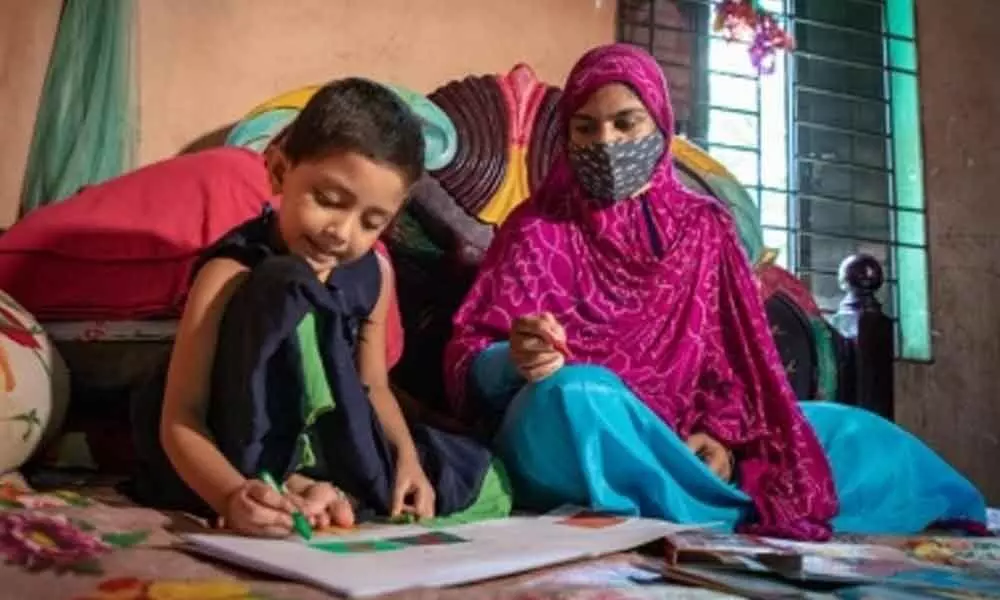Global education loss due to pandemic nearly insurmountable

Representational Image
More than 616 million students remain affected by full or partial school closures, a Unicef report on Tuesday said marking the International Day of Education.
More than 616 million students remain affected by full or partial school closures, a Unicef report on Tuesday said marking the International Day of Education.
Even as the Covid-19 pandemic nears its two-year mark, in the report Unicef shares the latest available data on the impact of the pandemic on children's learning. "In March, we will mark two years of Covid-19-related disruptions to global education. Quite simply, we are looking at a nearly insurmountable scale of loss to children's schooling," said Robert Jenkins, Unicef Chief of Education, in a statement.
Children have lost basic numeracy and literacy skills. In low- and middle-income countries, learning losses to school closures have left up to 70 per cent of 10-year-olds unable to read or understand a simple text, up from 53 per cent pre-pandemic, the report said.
In Ethiopia, primary school children are estimated to have learned between 30 to 40 per cent of the math they would have learned if it had been a normal school year. In several Brazilian states, around three in four children in grade 2 are off-track in reading, up from 1 in 2 children pre-pandemic.
In South Africa, schoolchildren are between 75 per cent and a full school year behind where they should be.
In India, 80 per cent of adolescents between 14-18 years, reported learning less due to extended closure of schools.
Learning losses have been observed even in developed countries like the UK, US and Australia.
In addition, school closures have also impacted children's mental health, reduced their access to a regular source of nutrition, and increased their risk of abuse. A growing body of evidence shows that Covid-19 has caused high rates of anxiety and depression among children and young people, with some studies finding that girls, adolescents and those living in rural areas are most likely to experience these problems.
Further, more than 370 million children globally missed out on school meals during school closures, losing what is for some children the only reliable source of food and daily nutrition, the report said.
While the disruptions to learning must end, just reopening schools may not enough, Jenkins said.
"Students need intensive support to recover lost education. Schools must also go beyond places of learning to rebuild children's mental and physical health, social development and nutrition," he added.








